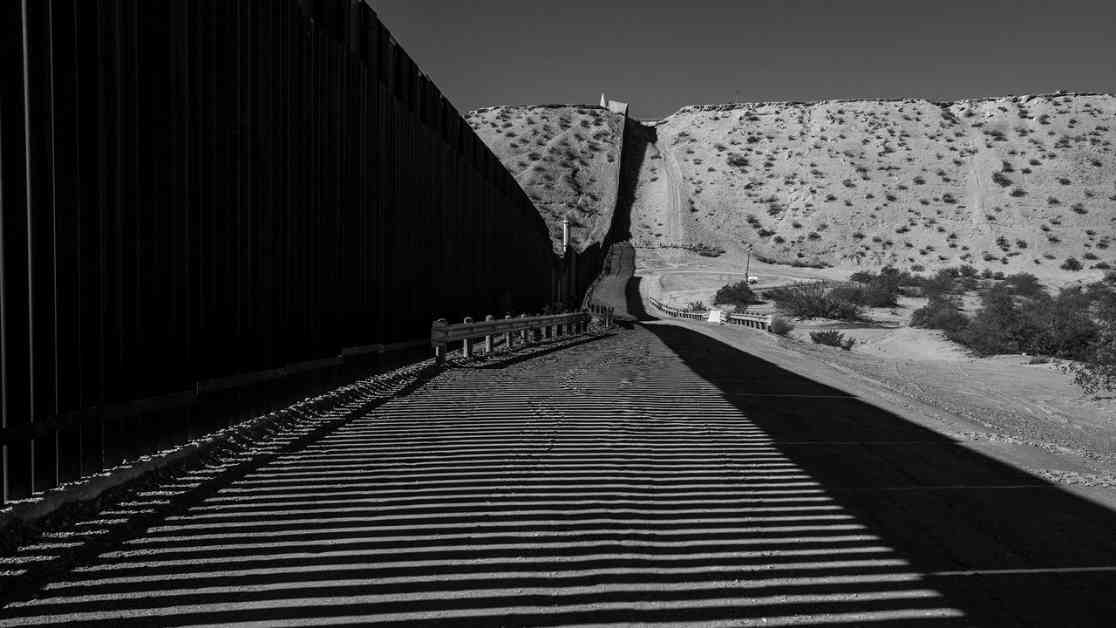Edgarlys Castañeda Rodríguez, a small, delicate-featured twenty-seven-year-old from Venezuela, was a hit on Instagram and TikTok with her makeup tutorials and dance videos. However, it was her political posts that really caught people’s attention. She was very vocal about her opposition to President Nicolás Maduro, which often went viral. In one video, Castañeda shared how politics had caused a rift between her and her father, who supported Maduro. She also used her platform to raise awareness about protests in support of the opposition party Vente Venezuela. Her followers started sending her videos of police violence and stories of threats they had received, which she would repost.
Castañeda’s posts made her mother, Luisa, anxious, but Castañeda remained optimistic that Vente Venezuela would come into power. Unfortunately, Maduro claimed victory in an election last July that was widely believed to be rigged. This led to widespread protests, with people taking to the streets to express their dissent by banging pots and pans. Maduro responded with a violent crackdown, including torture, secret detentions, and killings of protesters and opposition members, as reported by Human Rights Watch.
In the fall, government officials showed up at Castañeda’s home with a search warrant. Although Castañeda was not there, her mother, Luisa, was present and was shoved by the officials, causing her to fall and fracture her hip. The officials searched Castañeda’s room and confiscated papers, a thumb drive, and a laptop. Later, Castañeda discovered that there was a warrant out for her arrest on charges of treason. Fearing for her safety, Castañeda started selling her clothes to fund an escape. In December, she and her mother fled Venezuela with the intention of seeking political asylum in the United States. However, their journey was complicated by President Donald Trump’s suspension of political asylum at the border as one of his first acts in office.
The asylum system in the United States has a long history dating back to the aftermath of World War II, when protections were established for those displaced or fleeing persecution. In recent years, the system has become a focal point of the immigration debate due to the high number of migrants seeking asylum at the southwest border. The backlog of nearly two million pending cases means that it can take years for individuals to have their asylum claims heard by an immigration judge. Despite efforts by different administrations to address the backlog, the challenges persist.
Castañeda and her mother traveled through Central America as the U.S. approached Inauguration Day. Despite Trump’s previous actions to protect Venezuelans from deportation, their journey was fraught with uncertainty. Along the way, they met Anthony Cordova-Velez, a young father fleeing persecution in Ecuador. The group decided to head north to seek asylum in the U.S., facing obstacles like cartel-controlled rideshare services and a dangerous border town.
Upon their arrival in Mexico, Castañeda and her mother attempted to use the CBP One app to seek asylum in the U.S. However, Trump’s executive order halted the asylum process, leaving them in a state of limbo. Faced with extortion and exploitation in Mexico, they made the risky decision to cross the border illegally. They were apprehended by U.S. troops and later charged with illegal entry into the United States.
As their trial unfolded, Castañeda and her companions opted to go to trial in the hopes of sharing their stories publicly. Despite being found guilty, Castañeda’s eloquence and sincerity left an impression on those present. The uncertainty surrounding asylum under the current administration added to the tension of their situation. As they awaited sentencing, Castañeda’s plea for understanding and compassion resonated with those in the courtroom.
The future remains uncertain for Castañeda, her mother, and their fellow asylum seekers as they navigate the complex legal landscape of immigration in the United States. The challenges they face highlight the ongoing debate over asylum and the need for humane and fair treatment of those seeking refuge.












